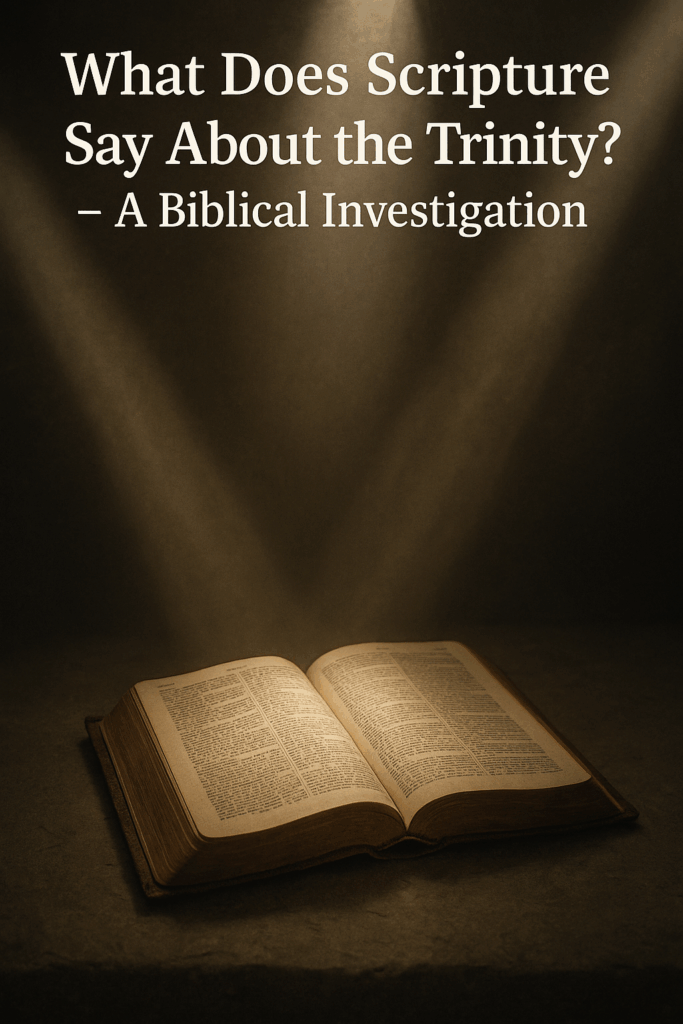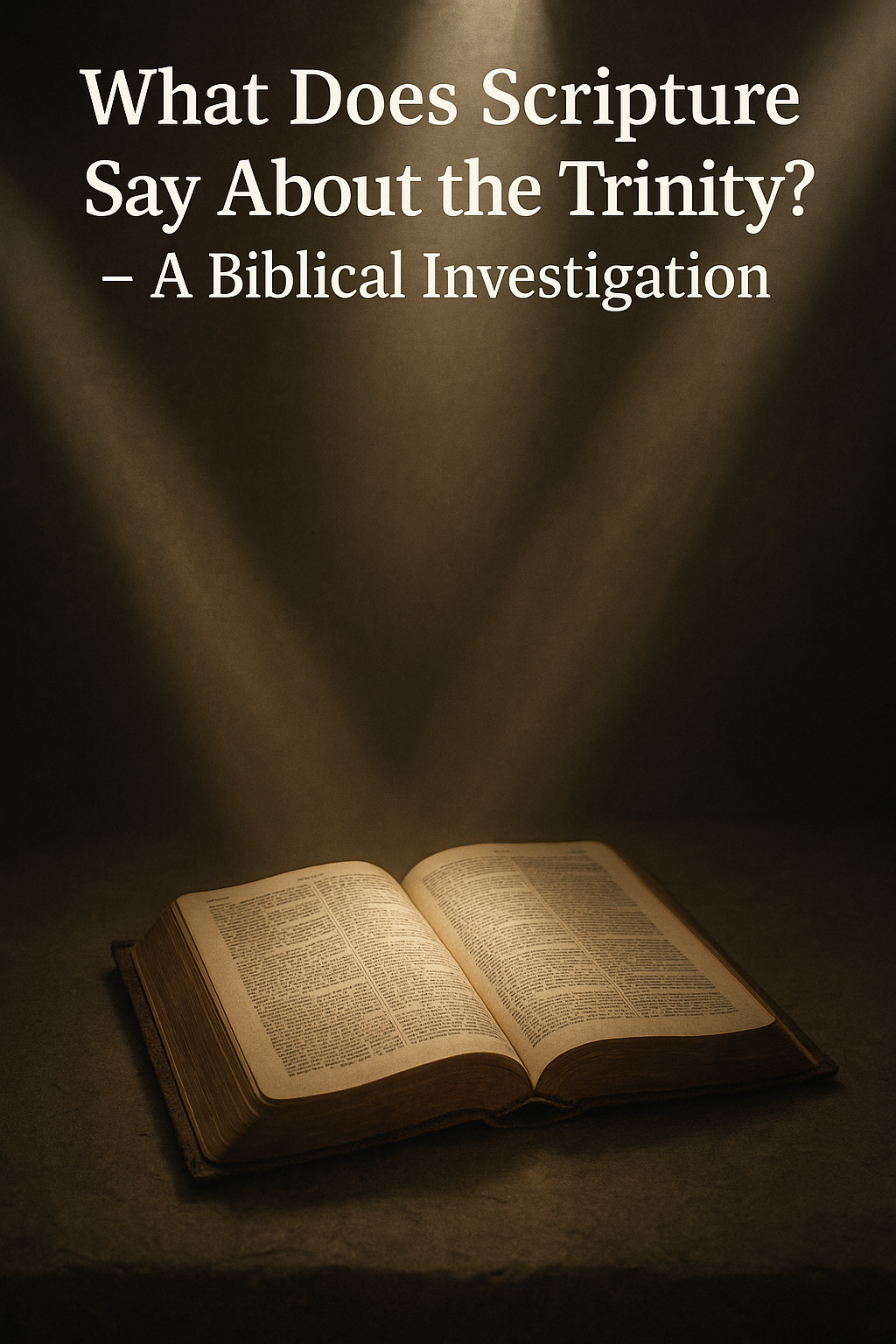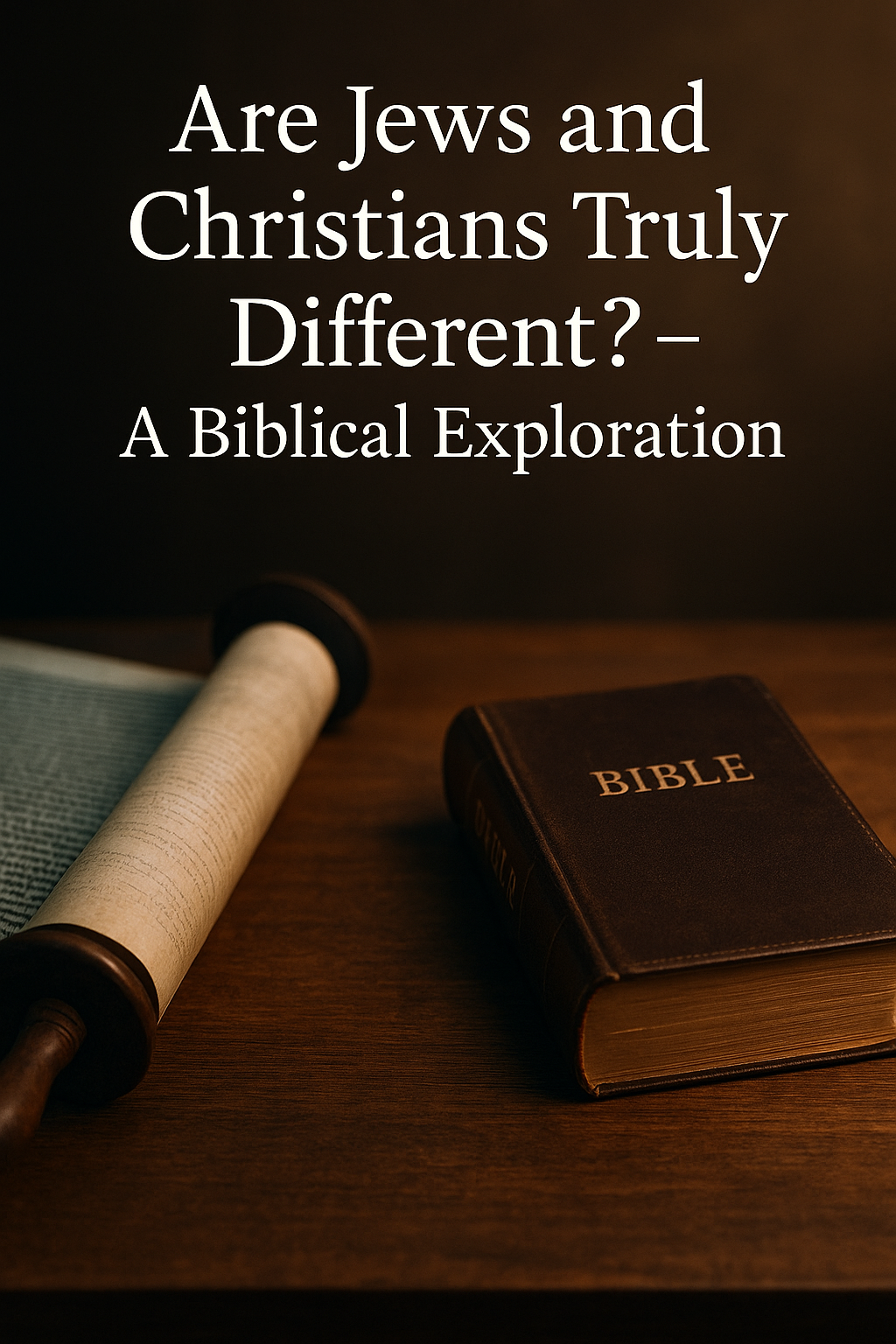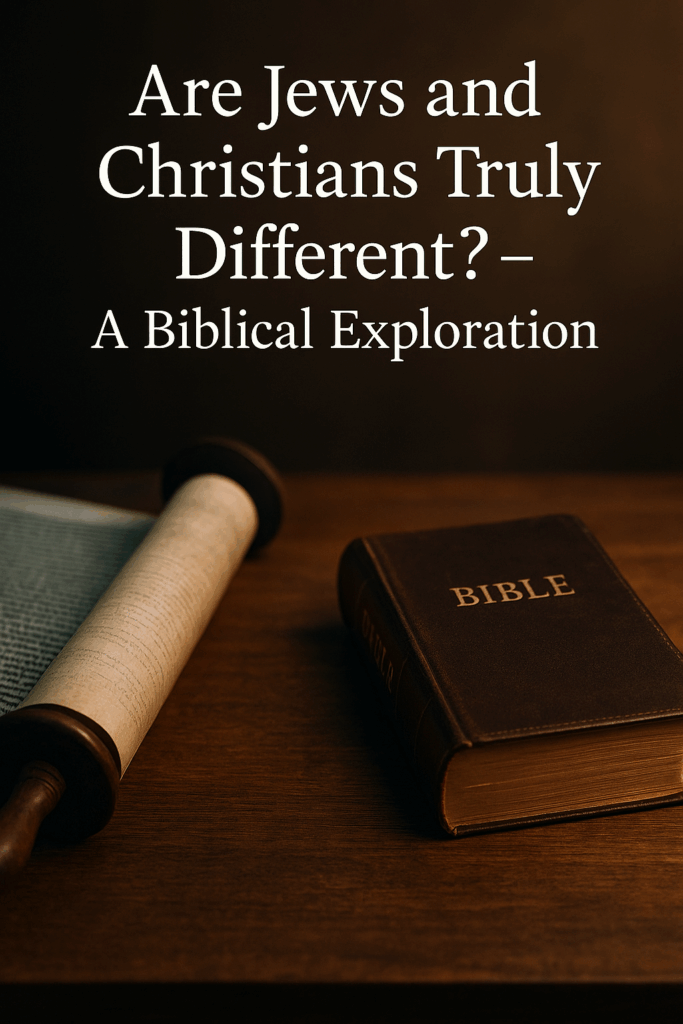Introduction
Few debates in the Christian world have stirred as much division as the doctrine of the Trinity. While many believers accept the idea of God being three persons in one essence, we must ask: does the Bible truly teach this? Or has the doctrine emerged from later theological and philosophical developments?
In this article, we will explore what the Scriptures themselves say—and don’t say—about the Trinity.

Historical Roots of the Trinity Doctrine
The concept of a Trinitarian God—Father, Son, and Holy Spirit as one being—was officially developed in the 4th century A.D., primarily through the Council of Nicaea (325 A.D.) and the Council of Constantinople (381 A.D.). These formulations were deeply influenced by Greek philosophical terms such as ousia (essence) and hypostaseis (persons).
It’s important to note: the early Christian communities, including the Apostles themselves, never used such terminology. Their understanding of God was grounded in the Hebrew Scriptures and the direct teachings of Christ—not in Hellenistic philosophy.
Is the Trinity Taught in the Bible?
One of the most frequently cited Bible passages in defense of the Trinity is 1 John 5:7-8:
“For there are three that bear record in heaven, the Father, the Word, and the Holy Ghost: and these three are one. And there are three that bear witness in earth, the Spirit, and the water, and the blood: and these three agree in one.”
(1 John 5:7-8, KJV 1611)
However, this passage—known as the Comma Johanneum—does not appear in the earliest Greek manuscripts. Scholars widely agree that it was added during the 16th century, likely due to pressure on Erasmus during the publication of his third edition of the Greek New Testament in 1522.
Modern translations either omit this passage entirely or relegate it to footnotes with a clear remark that it is not part of the original text.
What Scholars Say
Numerous scholars and theologians—both modern and historic—acknowledge that the Trinity doctrine lacks a firm biblical foundation:
- Shirley C. Guthrie Jr., in Christian Doctrine:
“The Bible does not teach the doctrine of the Trinity. The language of this doctrine is the language of the early church, which borrowed these terms from classical Greek philosophy.”
- Graham Greene, Roman Catholic theologian:
“Our opponents sometimes claim that no belief should be held dogmatically which is not explicitly stated in Scripture… but the Protestant Churches have themselves accepted such dogmas as the Trinity, for which there is no such precise authority in the Gospels.”
- Charles C. Ryrie, in Basic Theology:
“The New Testament does not contain an explicit doctrine of the Trinity. There is no single verse that clearly teaches one God in three persons.”
Even The HarperCollins Encyclopedia of Catholicism (1995) affirms:
“Contemporary scholars generally agree that the doctrine of the Trinity is not present in either the Old or New Testament.”
Jesus’ Own Words
If Jesus were truly co-equal and co-eternal with the Father, we would expect Him to make such claims. Instead, we read:
“I can of mine own self do nothing: as I hear, I judge: and my judgment is just; because I seek not mine own will, but the will of the Father which hath sent me.”
(John 5:30, KJV 1611)
This verse poses a serious question: If Jesus can do nothing of Himself, how can He be all-powerful? And if He is not all-powerful, can He be God in the same sense as the Father?
Final Thoughts
The doctrine of the Trinity, as cherished and deeply rooted as it may be in Christian tradition, finds no clear or direct support in Scripture itself. Rather, it arose from post-biblical debates and philosophical interpretations of divine nature. As Bible-believing followers of Jesus, we must return to the Scriptures alone—Sola Scriptura—and not rely on creeds and councils that emerged centuries after the last apostle died.


